What is Section 80TTA of Income Tax Act?
Section 80TTA of the Income Tax Act provides a deduction for interest income. The deduction is available with a few limitations and restrictions. In this article, we have covered all about claiming a tax exemption on account of interest earned
Tax Exemption on Interest Income
Where a taxpayer’s gross total income includes any income by way of interest on deposits then such income is tax-free. The taxpayer must be an individual taxpayer, a Hindu undivided family, or a member of a Hindu undivided family.
The income way of interest must be from a deposit with a savings account with a :
- a banking company to which the Banking Regulation Act, 1949 (10 of 1949), applies
- a co-operative society engaged in carrying on the business of banking. a co-operative land mortgage bank or a co-operative land development bank
- a Post Office under Indian Post Office Act, 1898
The assessee can claim tax exemption while computing his/ her total income
The tax exemption is not available on the interest income from time deposits. A time deposit is a deposit that is repayable on the expiry of a fixed period along with a fixed interest rate. Hence the exemption is not allowed in the below cases:
- Interest from fixed deposits
- Interest from recurring deposits
- Any other time deposits
Quantum of deduction under Section 80TTA of Income Tax Act
The maximum deduction allowed u/s 8TTA is Rs 10000 for a financial year.
- In case the total interest is less than Rs 10000, then the actual interest is exempt.
- In case the total interest is more than Rs 10000, then only Rs 10000 is allowed as tax exemption
The assessee must consider his/ her total interest from all the savings bank accounts.
Eligibility for Claiming Deductions under 80TTA
Allowed Deductions u/s 80TTA
The following taxpayers can claim the deductions under section 80TTA of the Income Tax Act:
- Individual taxpayers or Hindu Undivided Family (HUF)
- Indian Residents
- Non-Resident Indians (NRIs) owning NRO savings accounts
- An entity with savings accounts at institutions like banks, post offices, or cooperative societies
Deduction u/s 80TTA Disallowed
The following type of taxpayers are not eligible for the deduction:
The interest income is derived from any deposit in a savings account. The account is held by or on behalf of:
- a firm, or
- an association of persons, or
- a body of individuals
Then no deduction will be allowed to any partner of the firm or any member of the association or any individual of the body. While calculating the total income these taxpayers will not be allowed a deduction against the interest income.
Basically, a firm, AOP or BOI cannot claim the interest deduction. And the partner or member receives his/ her income from these firms, AOP or BOI. Hence, they cannot claim the deduction
Moreover, senior citizens also cannot claim deduction u/s 80TTA. They can claim tax benefit u/s 80TTB.
How to claim Section 80 TTA deduction while filing an income tax return?
You will have to first add the interest income under the head ‘Income from other sources’ as interest income. Then you will have to claim tax benefit under section 80 Deductions under section 80TTA.
If Ms Nitya earns a salary income of Rs 10,00,000, interest on savings account with a bank is Rs 15,000 and on fixed deposits is Rs 25,000 in a financial year. Also, an eligible amount for deduction of Rs 1,00,000 under Section 80C. Then, taxable income will be computed under the old tax regime as below:-
| Particulars | Amount (in Rs) | Amount (in Rs) |
| Income from Salary Less: Standard Deduction | 10,00,000 (50,000) | 9,50,000 |
| Income from other sources -Interest on savings account -Interest on fixed deposits | 10,000 25,000 | 35,000 |
| Gross Total Income | 9,15,000 | |
| Less: Chapter VI-A deduction -80C -80TTA | 1,00,000 10,000 | (1,10,000) |
| Taxable Salary | 8,05,000 |
Section 80TTB of Income Tax Act, 1961
Where a taxpayer’s gross total income includes any income by way of interest on deposits then such income is tax-free. The taxpayer must be a resident of India and a senior citizen. A senior citizen is an individual who is of the age of sixty years or more at any time during the relevant previous year.
The income way of interest on a deposit with:
- a banking company to which the Banking Regulation Act, 1949 (10 of 1949), applies
- a co-operative society engaged in carrying on the business of banking. a co-operative land mortgage bank or a co-operative land development bank
- a Post Office under Indian Post Office Act, 1898
The assessee can claim tax exemption while computing his/ her total income
The maximum deduction allowed u/s 8TTB is Rs 50000 for a financial year.
- In case the total interest is less than Rs 50000 then the actual interest is exempt.
- In case the total interest is more than Rs 50000 then only Rs 50000 is allowed as tax exemption
Difference between Section 80TTA and 80TTB
| Section 80TTA | Section 80TTB |
| Allowed to individual taxpayers and Hindu Undivided Family (HUF) | Allowed to senior citizens above the age of 60 only |
| Interest received on deposit with savings account only | Interest earned on:- Deposit with a savings account- Fixed Deposit, Term Deposit or Recurring Deposit |
| Exemption limit under Section 80TTA is Rs 10,000 per annum | Exemption limit under Section 80TTB is Rs 50,000 per year |
Explore our article on Section 80P.
Frequently Asked Questions
No, section 80TTA is specifically not applicable on fixed deposits, term, deposit, or recurring deposits. However, a senior citizen can claim a deduction u/s 80TTB against interest income on a fixed deposit
No, a senior citizen can claim deduction u/s 80TTA only.
An individual taxpayer and a Hindu Undivided Family (HUF) are eligible for an 80TTA deduction.
Yes, it is mandatory for every assessee under the Income Tax Act,1961, which requires that every person disclose all the income earned. The income that he/ she has earned during the financial year and wishes to file an income tax return for the applicable AY.
If you fail to report the income earned by him during a year, either intentionally or otherwise and your return is picked for scrutiny. Then you will be liable to penal provisions for such non-compliance and be demanded to pay the tax due along with interest.
Yes, NRIs can claim deduction u/s 80TTA. Interest earned from an NRO savings account is eligible for an 80TTA deduction. Also, NRO term deposits (fixed deposits) do not qualify for the exemption. Interest earned on NRE accounts is tax-free.
No, until your annual income is below the lowest tax slab, you don’t have to pay tax on the interest earned on your savings account.
Popular Income Tax Sections
Related Articles
- What is Section 80TTA of Income Tax Act?
- Tax Exemption on Interest Income
- Quantum of deduction under Section 80TTA of Income Tax Act
- Eligibility for Claiming Deductions under 80TTA
- How to claim Section 80 TTA deduction while filing an income tax return?
- Section 80TTB of Income Tax Act, 1961
- Difference between Section 80TTA and 80TTB
- Frequently Asked Questions











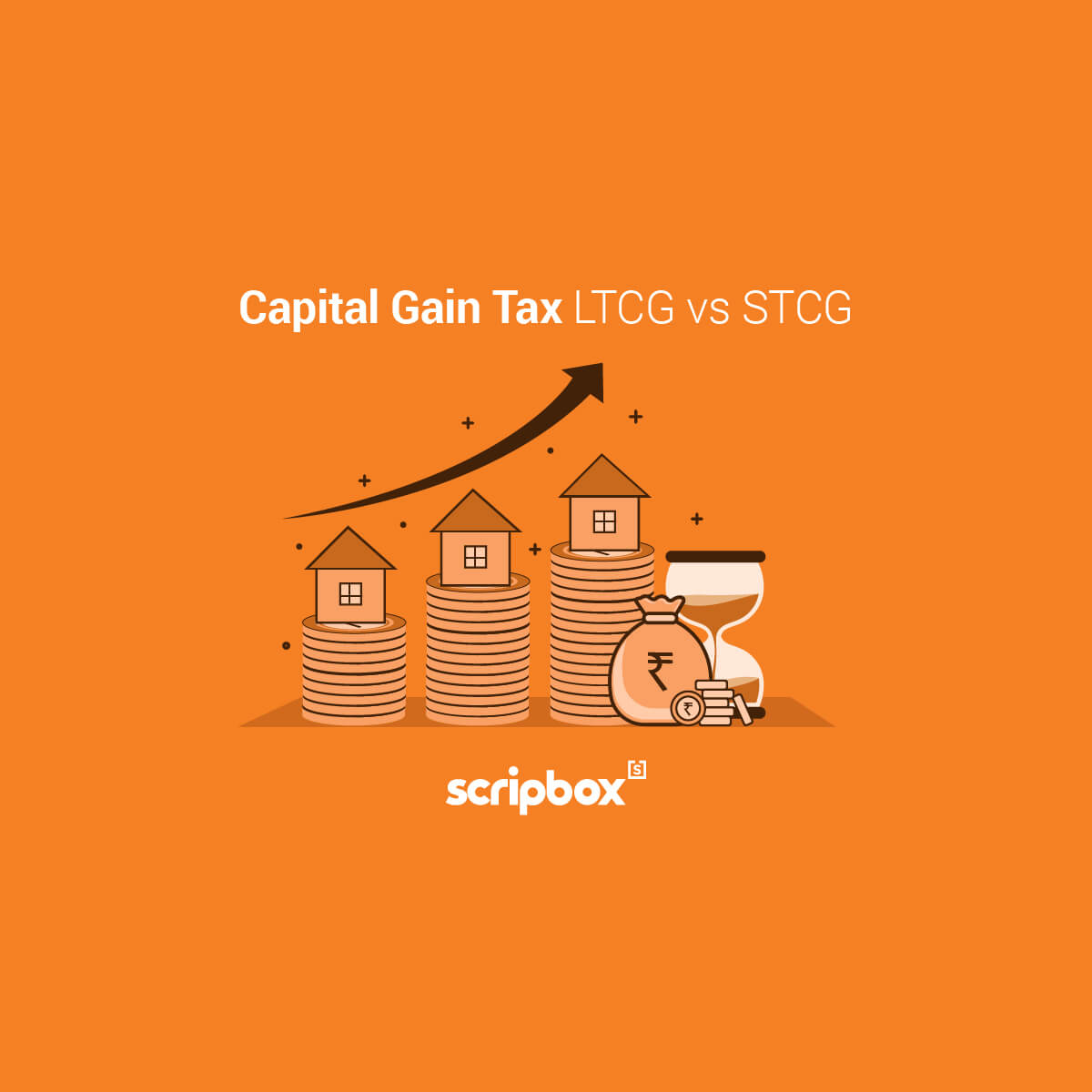
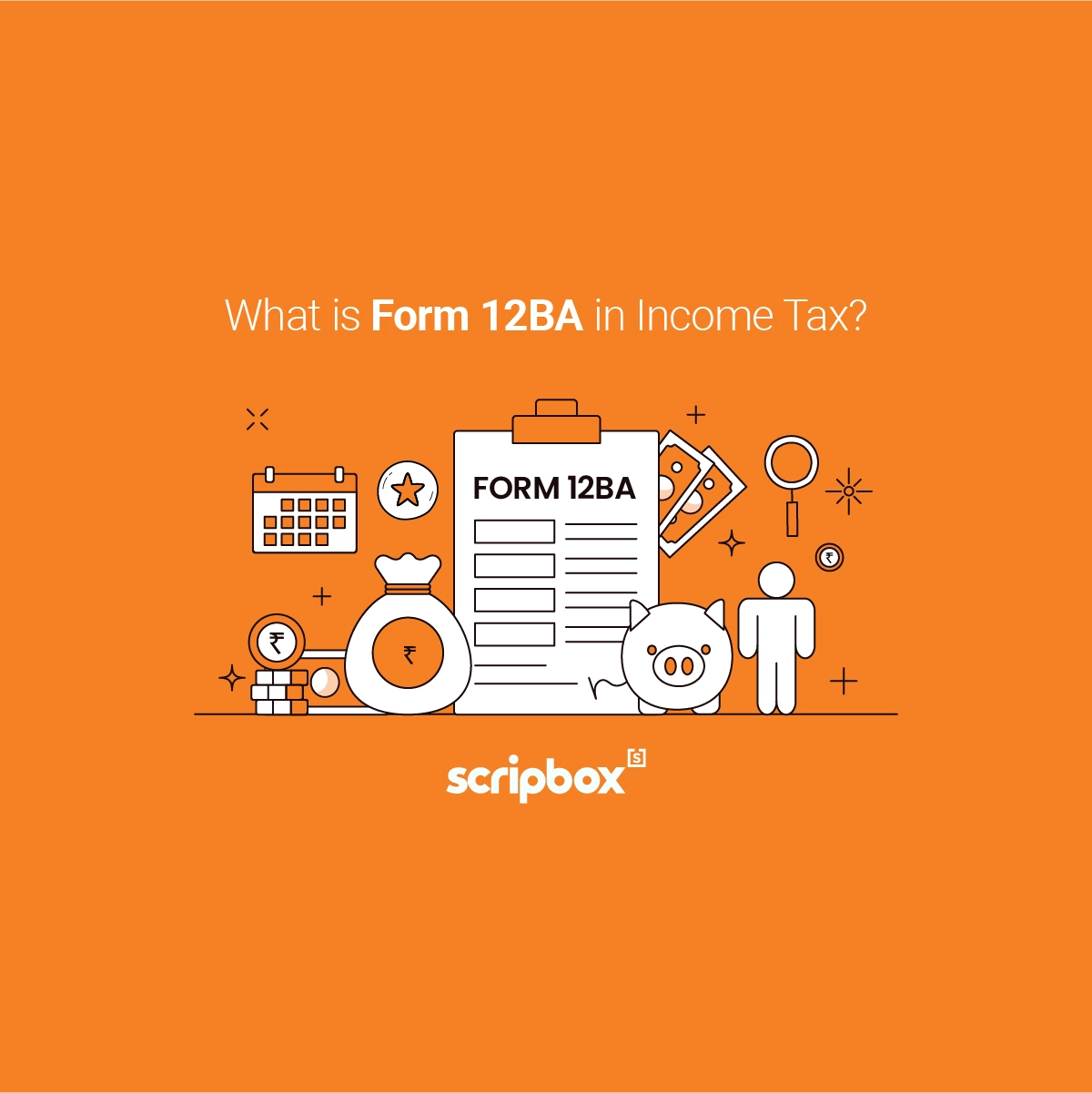
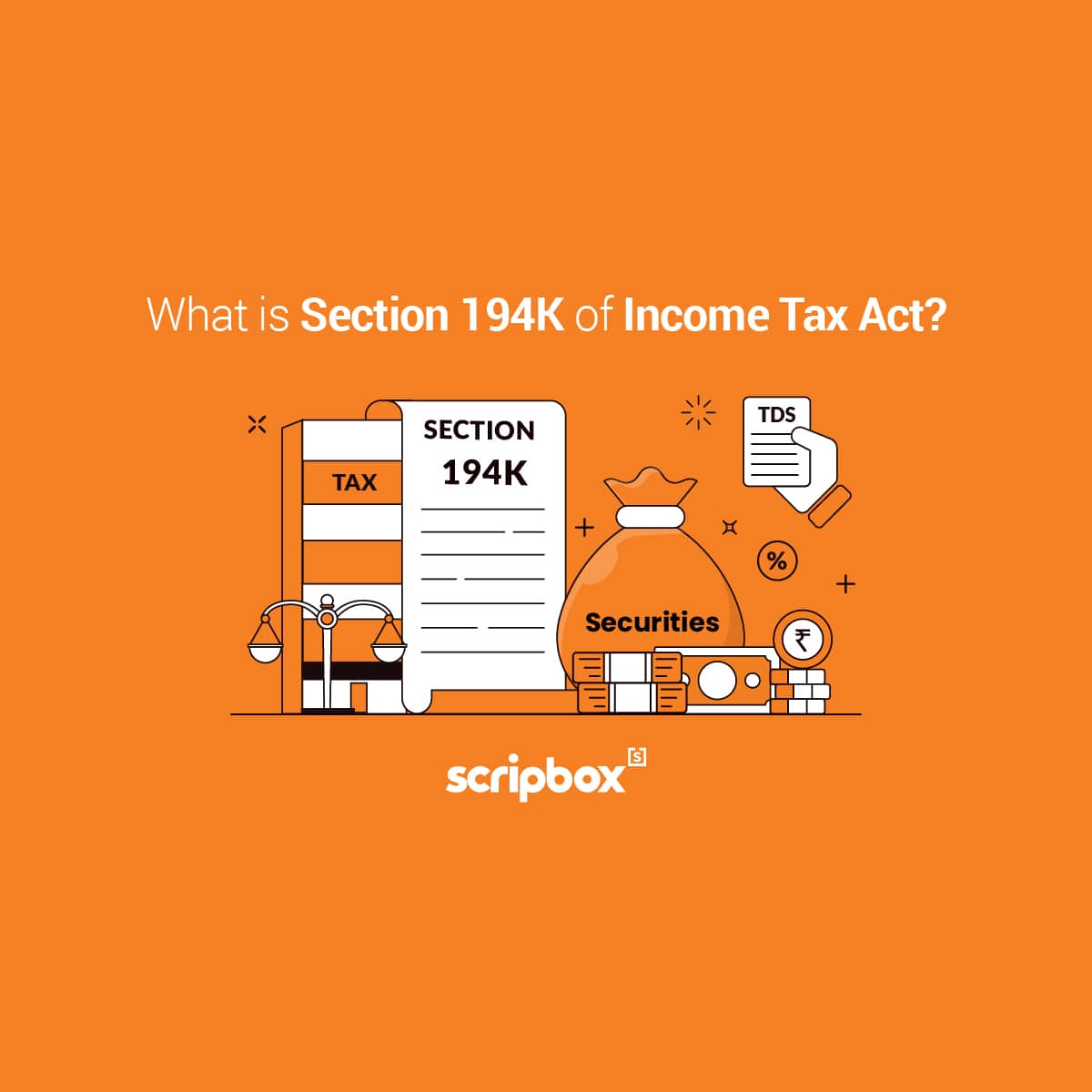
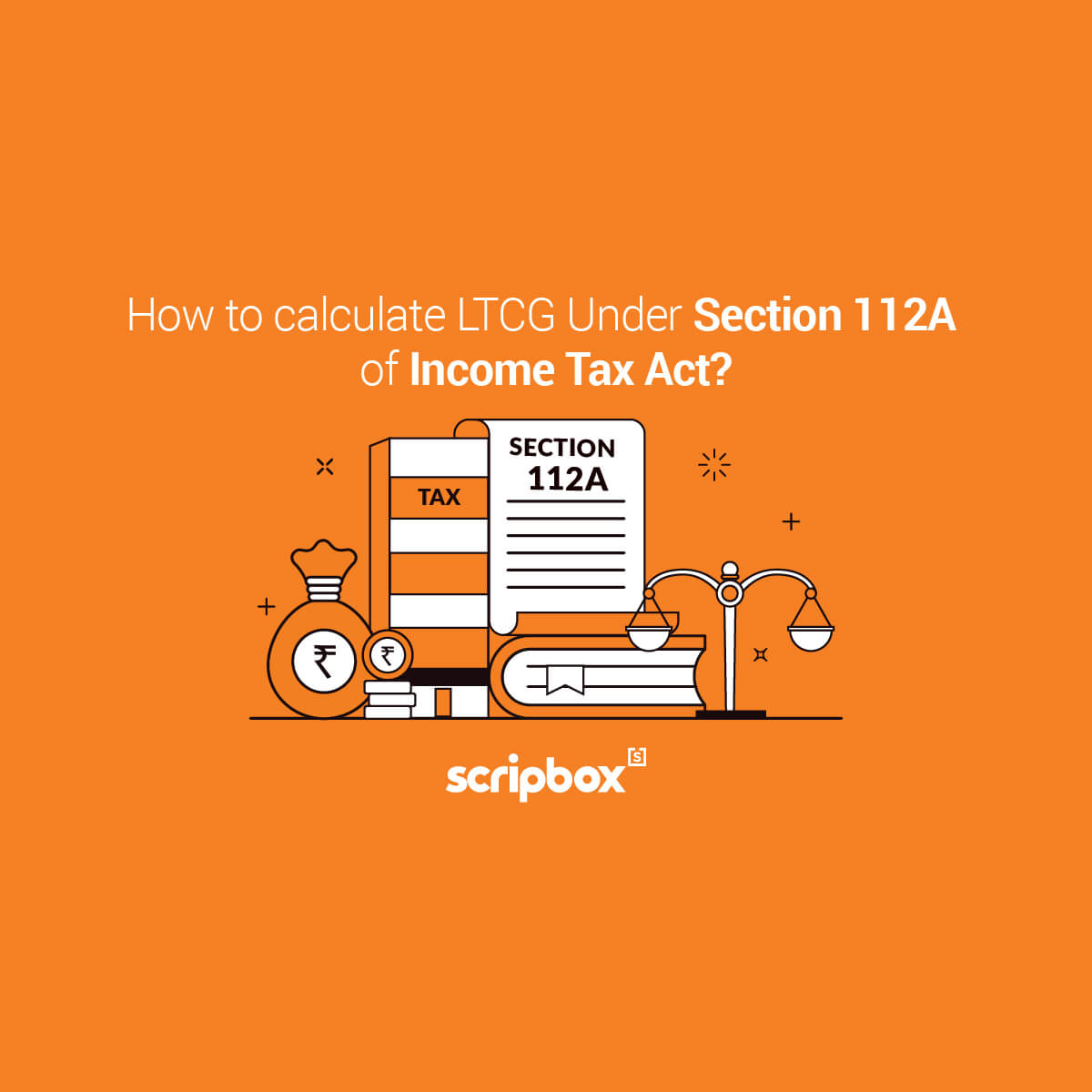
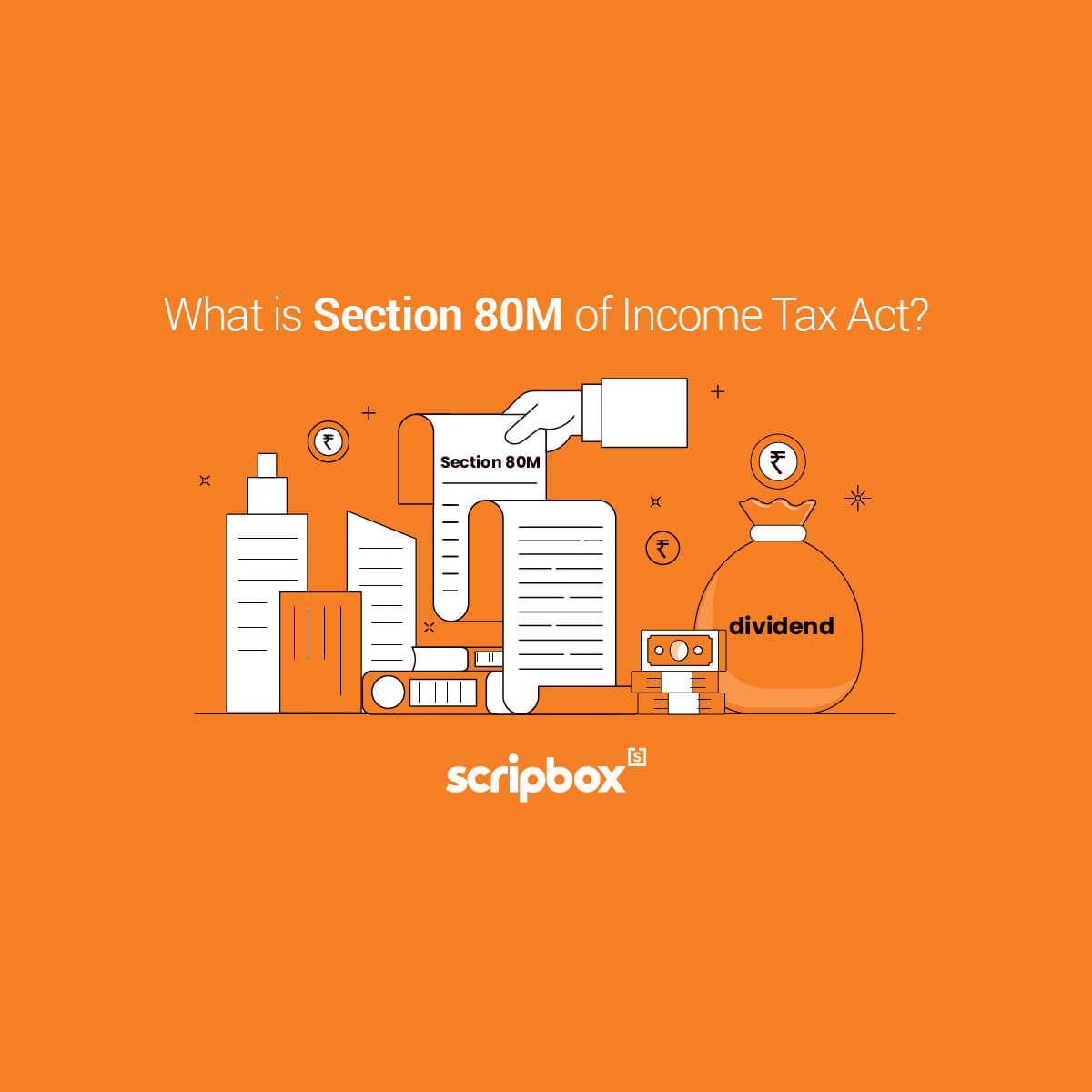
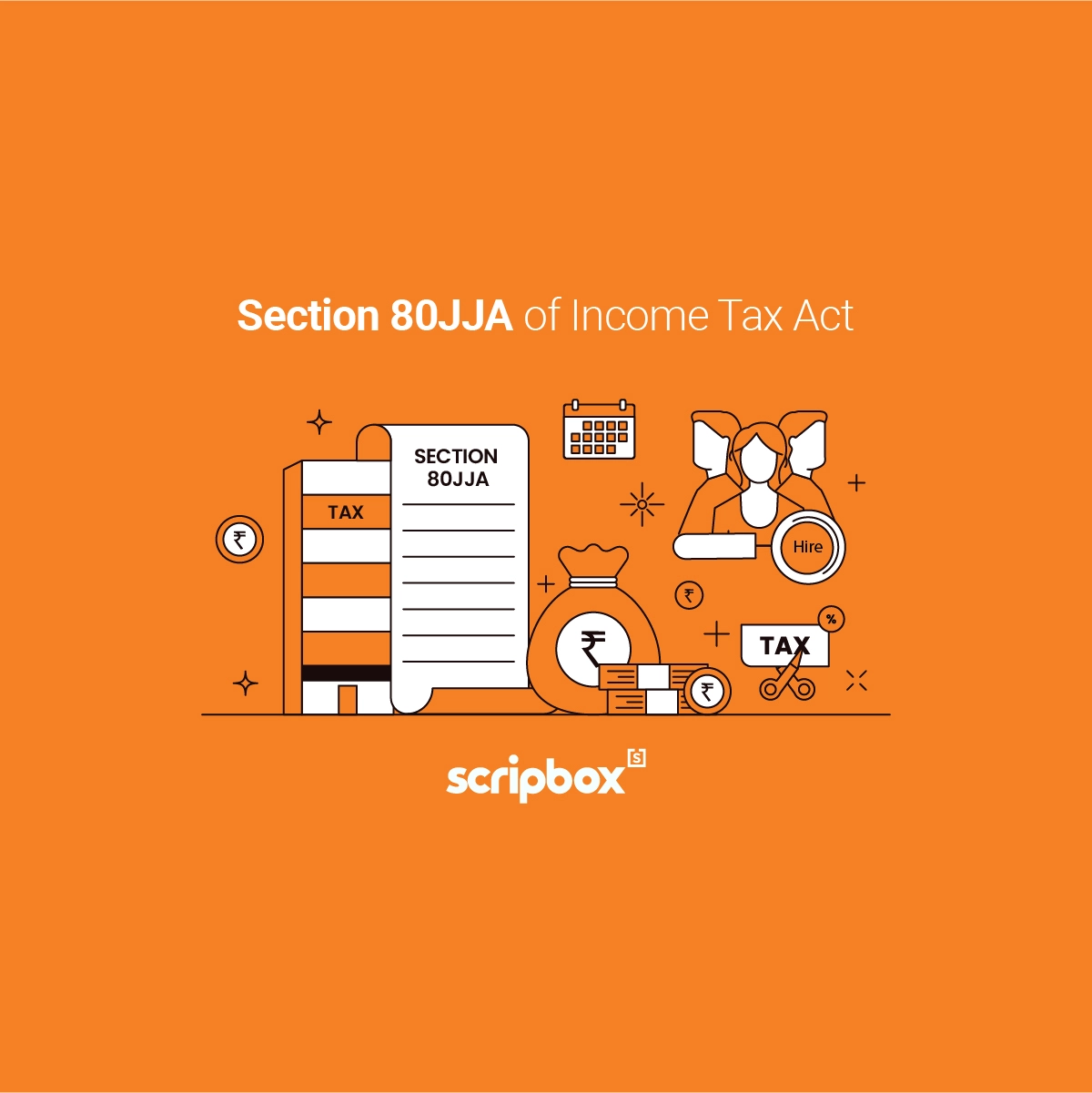
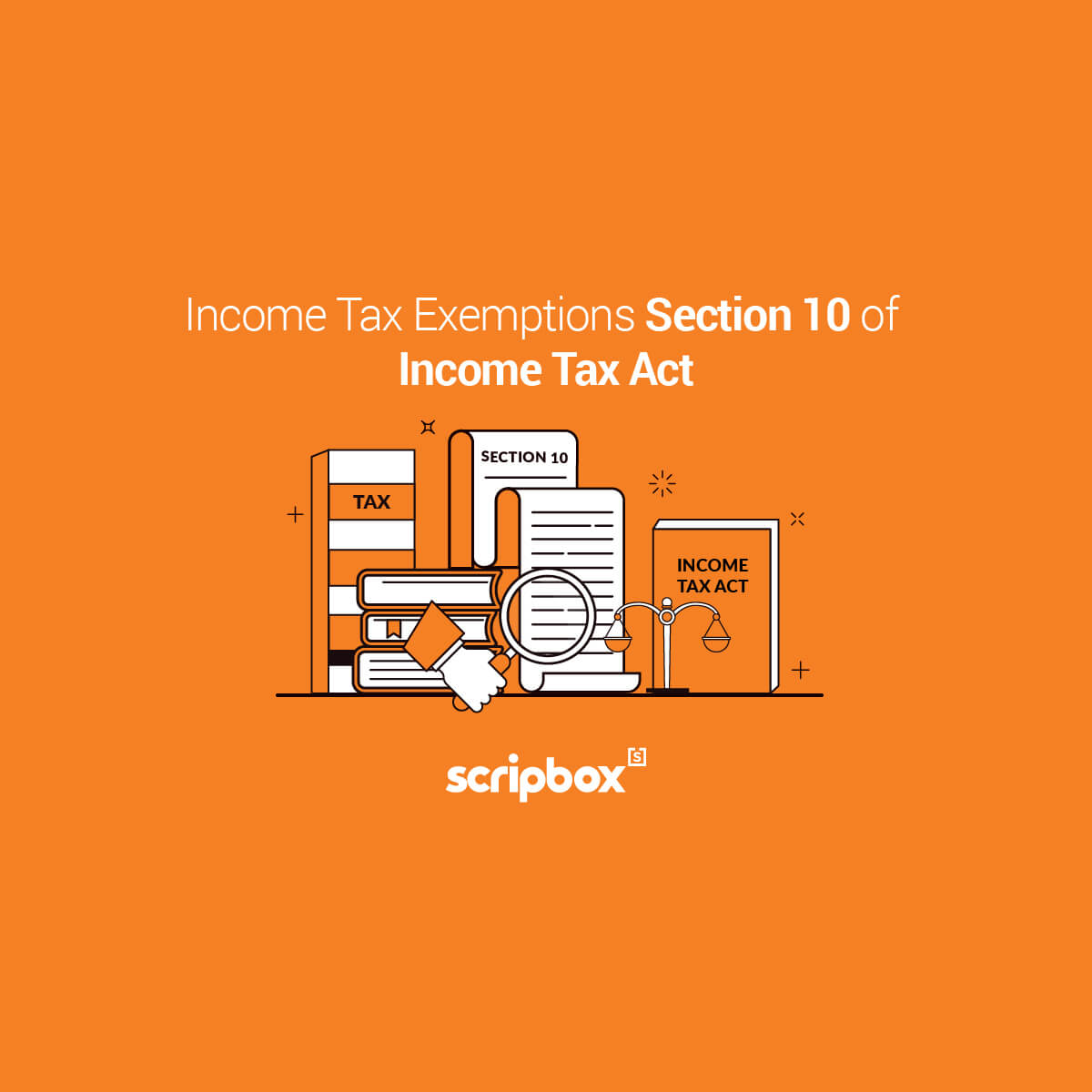






Show comments